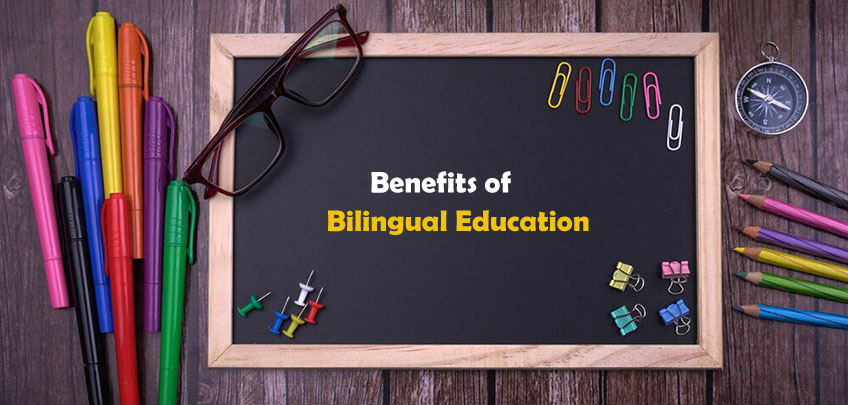

In an increasingly interconnected world, the ability to communicate in multiple languages is more than a social advantage; it's a fundamental tool for global understanding. Bilingual education in early childhood not only opens doors to new cultures but also offers profound cognitive, social, and educational benefits that can shape a child's life.
One of the most significant benefits of bilingual education is its impact on cognitive development. Children who learn two languages from an early age demonstrate greater mental flexibility and creativity. They are adept at switching between tasks and are often better problem solvers, showing enhanced ability in identifying and processing different information sources.
Bilingual children tend to have better working memories – the ability to hold and manipulate information in the mind over short periods. This skill is crucial for academic success, as it underpins comprehension, reasoning, and problem-solving. Moreover, bilingualism enhances concentration, helping children focus better in environments with potential distractions.
Bilingual education fosters a deep understanding of different cultures. Children exposed to multiple languages often develop a more inclusive worldview, becoming more empathetic and understanding towards people from different backgrounds. This cultural sensitivity is a key skill in our globalised society, promoting tolerance and open-mindedness.
Language is intrinsically linked to culture. By learning a second language, children gain insights into the customs, traditions, and perspectives of other cultures, enriching their own cultural experiences and understanding.
Bilingualism offers tangible academic benefits. Research indicates that bilingual children perform better in educational settings, even in subjects unrelated to language learning. This academic edge is attributed to their enhanced cognitive abilities, such as improved attention, memory, and multitasking skills.
Early bilingual education lays a solid foundation for learning additional languages in the future. With the cognitive pathways established, bilingual children find it easier to learn new languages, a skill that is increasingly valuable in the modern world.
Bilingual children often display advanced social skills. They are adept at reading and responding to social cues, a skill developed through navigating multiple linguistic environments. This ability enhances their social interactions and builds confidence.
Understanding and communicating in different languages allow children to put themselves in others' shoes, fostering empathy. They become effective communicators, able to express themselves clearly and understand others' perspectives.
The benefits of bilingual education in early childhood are profound and far-reaching. From cognitive enhancements to cultural awareness and improved academic performance, the advantages are clear. As we prepare our children for a global future, bilingual education is not just a tool for communication; it's a pathway to understanding, empathy, and success.
At Sri Viswasanthi Educational Institutions, we understand the importance of early bilingual education. Our curriculum is designed to nurture young minds, providing them with the skills and knowledge to thrive in a multicultural, multilingual world. Explore our programs and join us in shaping a brighter, more connected future for our children.
Discover the world through language at Sri Viswasanthi Educational Institutions. Enrol your child today and open the door to a world of possibilities.